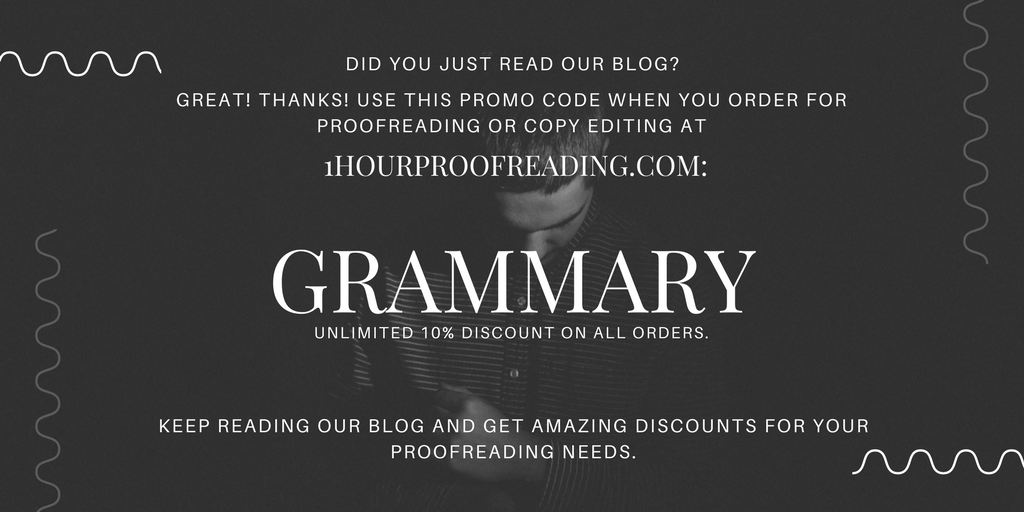Shedding a Light on “Alright” and “All Right”
Posted on Apr 28, 2021
Is it right to say “alright” or “all right”? All that rhyming aside, we’re here to help you out with that!

You may have heard this term countless times in songs, movies, or even everyday conversation. It’s even made famous by Hollywood actor Matthew McConaughey, whose accent people love to imitate when they say, “Alright, alright, alriiiiight.” (If you just read that in his voice, we apologize.) Still, we’ve got to ask the serious question here: is “alright” an acceptable word, grammar-wise, or should we resort to its two-word cousin, “all right”?
Normally, on Grammar Chaos, we ease you readers into knowing the difference between two like-sounding words by pointing out differences in their definitions. In this case, however, that won’t be necessary because “alright” and “all right” mean the same thing, which is “satisfactory, agreeable,” according to Merriam-Webster. Still, the history behind their spelling difference is rather interesting.
Lexico, an online database powered by Oxford Dictionary, classifies words such as “alright,” “already,” and “altogether” as merged words. While these words may be unpopular or even detested by people who are sticklers for grammar, they remain favorites to a lot of other speakers of the English language as well. To quote Merriam-Webster once more, “what’s not to like, really? It’s an efficient little version.” In the era of smartphones and lightning-fast communication, people tend to prefer shorter words for snappier replies, so merged words such as these are as common as common gets.
That’s not to say that “alright” is a relatively new term. In fact, scholars trace the usage of this word way back to the mid-nineteenth century. For example, it was used by Mark Twain in 1865, a big deal during this time as, prior to this era, spelling wasn’t really standardized. Merged words by themselves have drifted to and fro in history in several forms and uses and in the absence of spelling standardization. Like us, people from centuries past always found new and interesting ways to make communication, verbal or written, efficient and easy to use for everyone.
But let’s return to the present. Lately, people have taken the word “alright” to mean “average” or “adequate” as opposed to “satisfactory” or “agreeable.” For instance, if a friend asked you how you liked a movie and you just found it to be okay but not too exciting, you’d reply, “Eh, it was alright.” Strictly speaking, the term “all right” can be used for both these intentions, but as we mentioned earlier, perhaps people prefer brevity over propriety. We don’t blame them; it’s 2020.

So what’s the short answer? We say that both “alright” and “all right” are correct, and in most cases, one term isn’t better than the other. As we’ve stated in previous articles, the English language is an ever-evolving one, changing with the times as well as with the people who use it. Who knows what kinds of other terms this era will grant us and would eventually land in the dictionary? Whatever comes up, as always, we’ll be eager to pick them out and dissect them for our readers.
Can’t get enough of our grammar tips and trivia? Visit 1-Hour Proofreading blogs and browse through our Grammar Chaos series for more!
Sources:
- Lexico | "All Right" Or "Alright"?
- Merriam-Webster | All right or alright? Which is correct, and when?
About 1-Hour Proofreading
1-Hour Proofreading is a growing start-up offering fast and efficient editorial services. Our team of highly competent and professional copy editors is committed to helping those in need of quality proofreading and copyediting services while facing tight deadlines. We ensure that your document is ready for publishing the soonest you need it.
Visit onehourproofreading.com for more details.
Follow us:
Back to Grammary



